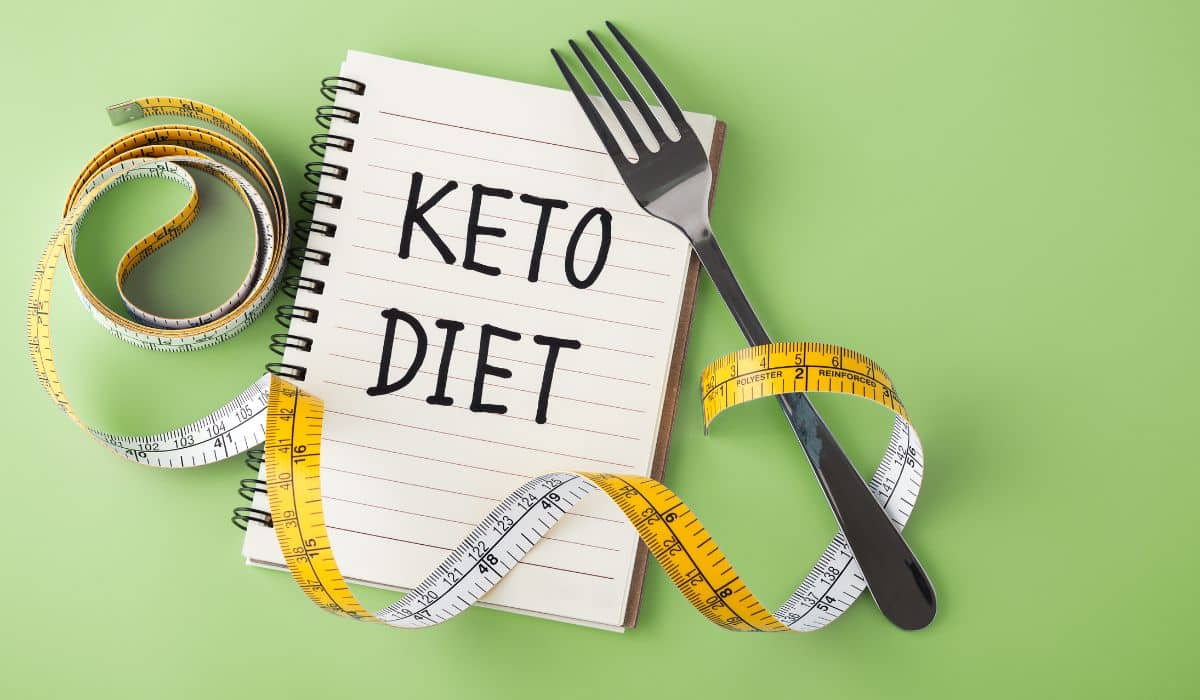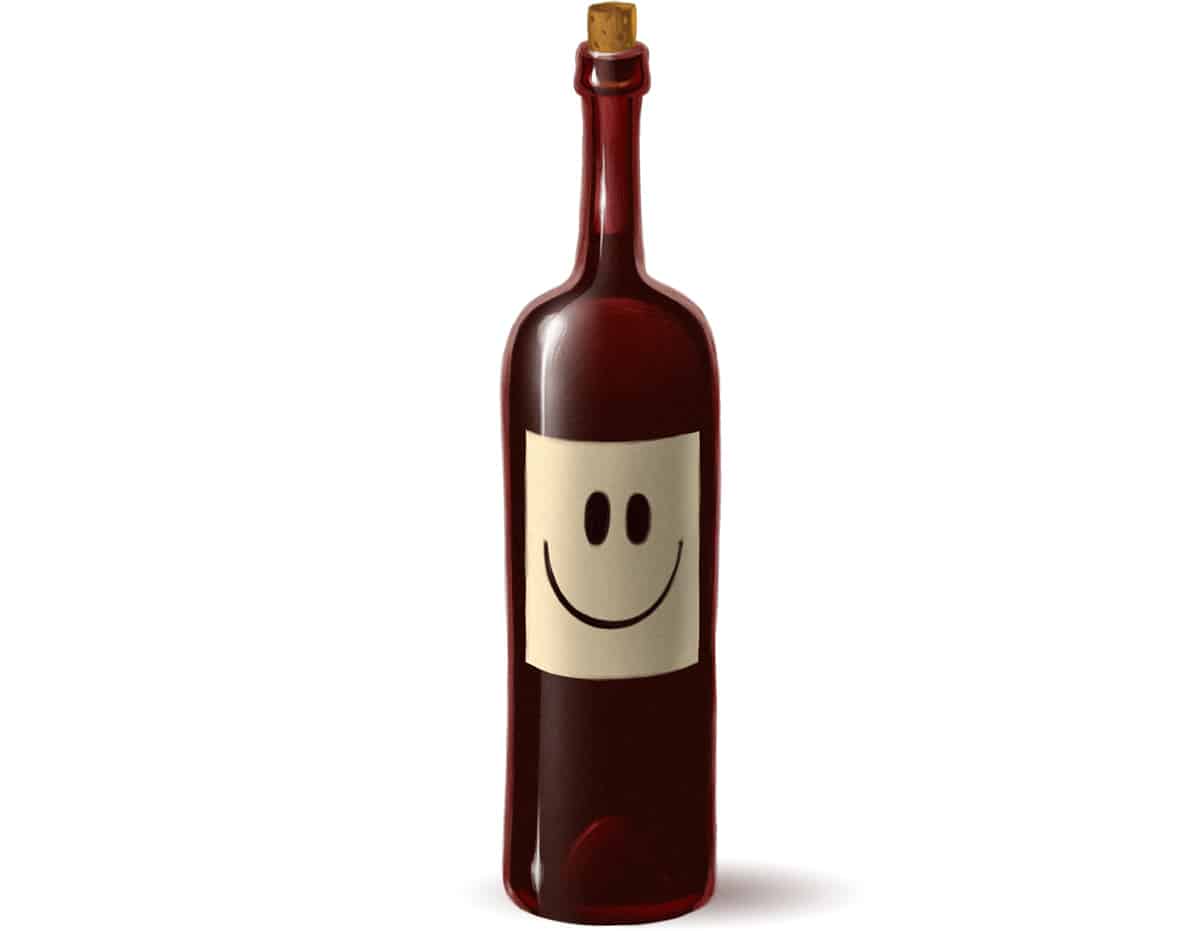
From social occasions to religious ceremonies, alcohol is part of life for most of us, at least occasionally. And if moderate drinking otherwise fits into your best way of eating, there’s no real reason to completely swear off if just because you’re going low-carb or even keto.
On the other hand, it’s helpful to know how alcohol and low-carb diets mix. So take a look at 6 considerations specific to to low-carb and keto dieters. This isn’t an exhaustive list of every alcohol-related health issue - it’s just some points to consider specifically for the low-carb crowd.
1. Most alcoholic drinks have at least some carbs
Alcohol does have calories in its own right, but most alcoholic drinks have at least some calories from carbs as well. Some carb counts, for your information (all numbers from the USDA nutrient database):
- 1 shot of distilled liquor (whiskey, vodka, etc.): 0 grams
- 1 glass of red or white wine (5 ounces): 3.8 grams
- 1 can of light beer: 5.8 grams
- 1 can of regular beer: 12.6 grams
- 12 ounces of hard cider: 21 grams
- 12 ounces of hard lemonade: 36.8 grams
For mixed drinks, the total count will vary, but if you like rum and coke, you might be out of luck.
Also worth repeating: alcohol has calories of its own, even if you’re drinking something with 0 or minimal carbs. Alcohol (7 calories per gram) is more calorie-dense than protein and carbs (4 calories per gram) and less dense than fat (9 calories per gram). Not to promote counting calories here, because that’s rarely helpful in the real world, but be aware that “0 carbs” doesn’t mean “no effect on weight loss” - if you’re regularly drinking tons of vodka or rum, you might see some stalls in weight loss from the calories alone, even though you’re not adding any carbs to your diet.
2. Moderate and heavy drinking affect insulin sensitivity differently

Lightning round intro: insulin is a hormone that you need to digest and metabolize carbs.
- Insulin sensitivity = you’re processing carbs normally and everything is fine
- Insulin resistance = insulin signals aren’t getting through to your body normally and carb metabolism isn’t working right (often the cause of problems like high blood sugar, blood sugar highs/crashes, trouble losing weight, etc.)
Learn more about insulin sensitivity and insulin resistance here, here, and here.
A lot of people go low-carb specifically to deal with their insulin issues, so in the context of low-carb diets, it makes sense to look at how alcohol affects insulin sensitivity. The short answer: it depends on how much you drink.
In general, moderate drinking is associated with better insulin sensitivity and lower risk of developing type 2 diabetes - which doesn’t necessarily mean the moderate drinking causes improvements in insulin function. Maybe the same people who drink a glass of wine with dinner are also the people who exercise more and eat better, because they’re just health nuts in general.
Heavy drinking, on the other hand, probably reduces insulin sensitivity and makes insulin resistance worse. Some research (like this study and this one) suggests this may be caused by carbohydrate-deficient transferrin a type of protein produced in response to consuming ethanol (alcohol). But this only really applies to really heavy drinkers.
That dose-response effect also holds true for weight gain in general: moderate drinking shows a slight benefit if it has any effect at all; heavy drinking is associated with weight gain. It’s almost like binge drinking is bad for you or something. Amazing!
3. Insulin and alcohol again: individual variation really counts
Another essential point to keep in mind about alcohol and your personal eating patterns is that your results almost certainly will vary.
One big factor when it comes to alcohol and insulin is sex. This meta-analysis compared the effects of moderate drinking on women and on men. The paper analyzed intervention studies, not just association studies. In general, the women benefited a lot more than the men: women had lower fasting insulin after moderate drinking interventions while men didn’t. Both groups had lower HbA1C after moderate drinking (translation: better long-term blood sugar control).
This study also found that genetic variations can change the benefits you get from alcohol. In patients who got red or white wine to drink with dinner for two years, only people with a specific genetic variation in ethanol metabolism saw any benefits for insulin sensitivity or blood sugar control.
4. Red wine might be good news if you care about insulin sensitivity
Resveratrol is the best-known antioxidant in red wine, but there are also others that make red wine a decently antioxidant-rich food (well, drink). Resveratrol and the other antioxidants in red wine mimic calorie restriction (even in people who aren’t restricting calories), reduces inflammation, and modestly improve blood sugar control. Neat, right?
On the one hand, if you’re concerned specifically about improving your metabolic health, red wine might be a decent drink of choice. On the other hand, there are so many other ways to get antioxidants that nobody needs to take up red wine just for the resveratrol. If wine or alcohol in general just isn’t your thing, try some spices instead for similar benefits!
5. “Sugar alcohols” won’t get you buzzed
A lot of people on keto or low-carb diets use sugar alcohols to sweeten their baking - so how to sugar alcohols fit into all of this?
They don’t, because they don’t contain any actual ethanol (or any sugar in the normal sense of the word, for that matter). Sugar alcohols include xylitol, isomalt, sorbitol, mannitol, and other sweeteners that end in -ol. The name has “sugar” in it, but these sweeteners don’t contain any table sugar.
Sugar alcohols have some structural similarities to ethanol, which is the chemical compound that gets you buzzed or drunk. But sugar alcohols don’t actually contain ethanol and you can’t get drunk from them. Sadly or happily, depending on your preferences, you can’t make "hard fat bombs" with xylitol.
6. Carbs change the way your body processes alcohol
If you feel like low-carb eating completely destroyed your alcohol tolerance, science could actually be on your side.
Having an alcoholic drink along with some carbs reduces peak blood alcohol content. For example, this study found that men who drank mixed drinks sweetened with sugar had lower peak blood alcohol content than men who got artificial sweeteners. This study found similar results in women.
So if you have a low-carb drink on a low-carb diet, your blood alcohol content might rise faster and higher than you’d been expecting. Not the end of the world, but something to be aware of.
What else?
What do you think everyone should know about drinking and low-carb or keto eating? What do you wish you'd known? Let us know on Facebook or Twitter!





Leave a Reply